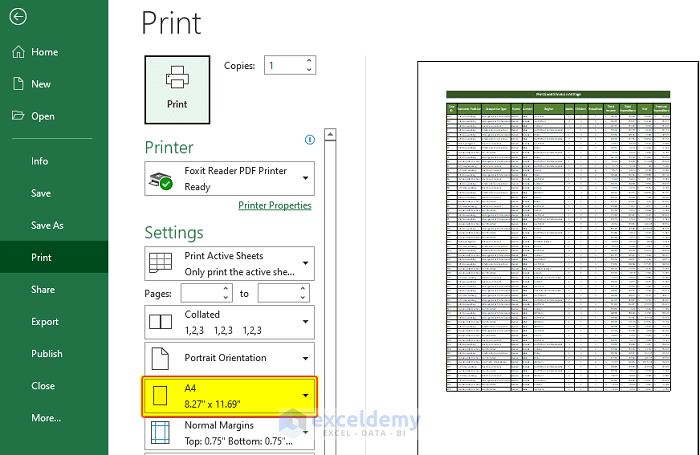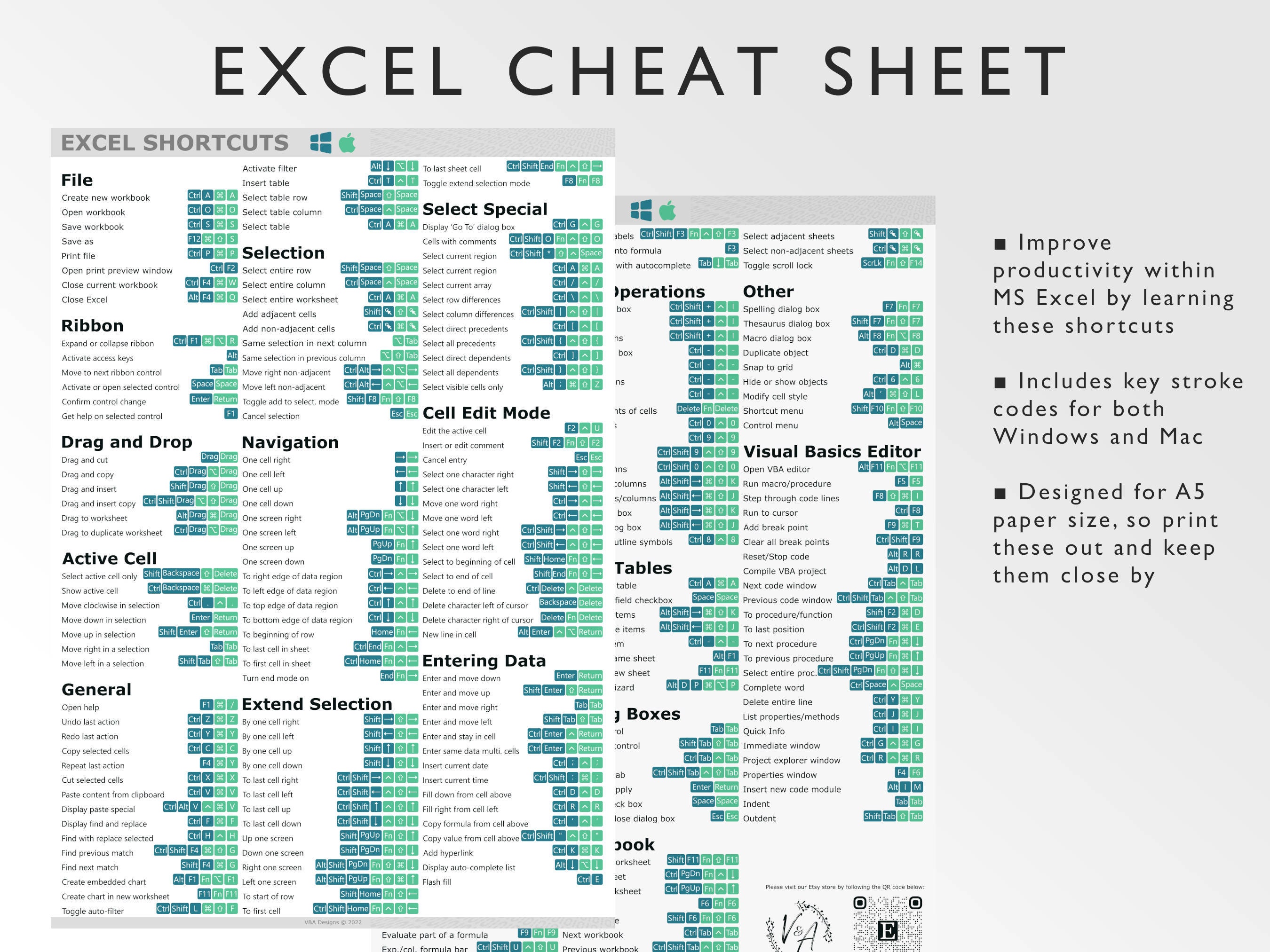5 Ways to Print Excel Sheet to Fit One Page

In today's fast-paced world, where data reigns supreme, making documents as clear and concise as possible is crucial. If you're working with Microsoft Excel, one common challenge you might encounter is printing a large spreadsheet onto a single page to avoid the hassle of dealing with multiple printouts. Whether it's for a report, a presentation, or just to simplify your reference materials, knowing how to print Excel sheets to fit one page is a skill that can save time and make your work look more professional. Here, we'll explore five efficient methods to achieve this with ease.
Method 1: Adjust Page Layout

The simplest way to ensure your Excel sheet prints on one page is to use the Page Layout feature:
- Go to the Page Layout tab.
- Click on ‘Margins’ and choose ‘Custom Margins’.
- Set your desired margins, usually reducing them to fit more content.
- Select ‘Fit to’ under ‘Scaling’, where you can specify to scale the content to fit one page wide by one page tall.
🔍 Note: Scaling down too much can make text and data unreadable, so find a balance that maintains readability while fitting onto one page.
Method 2: Reduce Font Size

Another method to fit an Excel sheet on one page involves adjusting the font size:
- Select the entire sheet or relevant cells.
- Click on the ‘Home’ tab, go to ‘Font’ and decrease the font size as necessary.
- Experiment with different sizes until your sheet fits onto one page.
Remember, reducing font size too much can make your document hard to read, so balance is key here too.
Method 3: Change Page Orientation

Sometimes, the way your page is oriented can significantly impact how much you can fit on it:
- Navigate to the ‘Page Layout’ tab again.
- Click on ‘Orientation’ and switch from ‘Portrait’ to ‘Landscape’ if applicable.
🖨 Note: This often helps when your sheet has a lot of columns. However, for sheets with more rows, you might need to stick with ‘Portrait’.
Method 4: Adjust Column Width and Row Height

If your sheet contains too much data to fit comfortably on one page, consider adjusting:
- Go to ‘Home’, then ‘Format’, and select ‘Column Width’ or ‘Row Height’.
- Enter the desired values to shrink or expand the sizes accordingly.
⚙️ Note: Be cautious not to make cells too narrow or short, as it can cut off important data.
Method 5: Using ‘Print Preview’ to Fine-Tune

Excel’s ‘Print Preview’ feature is your best friend when trying to fit content onto one page:
- Press Ctrl + P or go to File > Print.
- Click on ‘Page Setup’ and adjust margins, orientation, scaling, etc., until your sheet fits.
- The live preview lets you see what the printed version will look like, allowing for real-time adjustments.
After all these adjustments, you might need to:
- Zoom out in Print Preview to check how your changes impact the overall layout.
- Continue tweaking until everything looks right.
🔬 Note: Keep an eye on the readability and ensure no vital data is being obscured or cut off.
The ability to print an Excel sheet to fit one page seamlessly enhances the clarity and presentation of your data. By utilizing the above five methods, you can ensure that your spreadsheets are not only data-rich but also visually appealing and easy to distribute. Whether you're adjusting page layout, reducing font sizes, changing orientations, tweaking cell sizes, or using Print Preview for precise adjustments, these techniques are designed to streamline your workflow and make your documents look their best. Remember, the key to professional-looking spreadsheets lies in balancing data density with readability, so always keep your audience in mind when formatting your printouts.
Why doesn’t my Excel sheet fit on one page even after reducing the font size?

+
Sometimes, there might be too much data for even a reduced font size to fit everything onto one page. You’ll need to combine this method with others like adjusting margins, column widths, or using scaling features to make everything fit.
Can changing the page orientation really help to fit more content on one page?

+
Yes, changing from portrait to landscape orientation can make a significant difference, especially if your sheet has more columns than rows. Landscape orientation can accommodate wider layouts more effectively.
What should I do if adjusting cell sizes cuts off data?

+
If reducing column width or row height results in data being cut off, consider using abbreviations, merging cells, or wrapping text within cells to conserve space while preserving readability.



